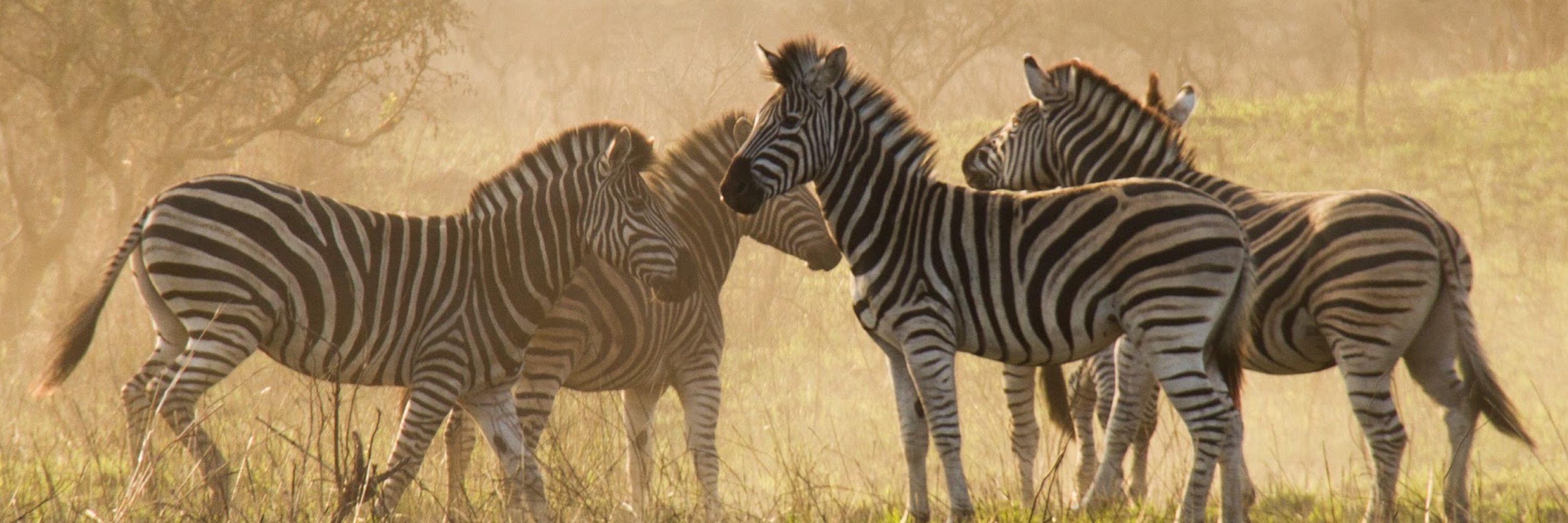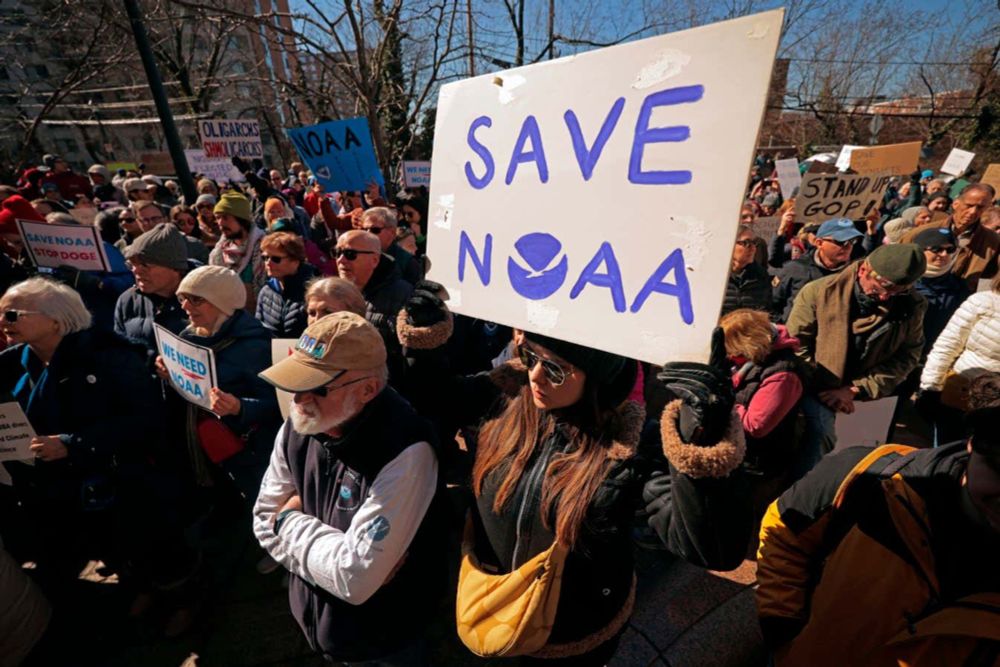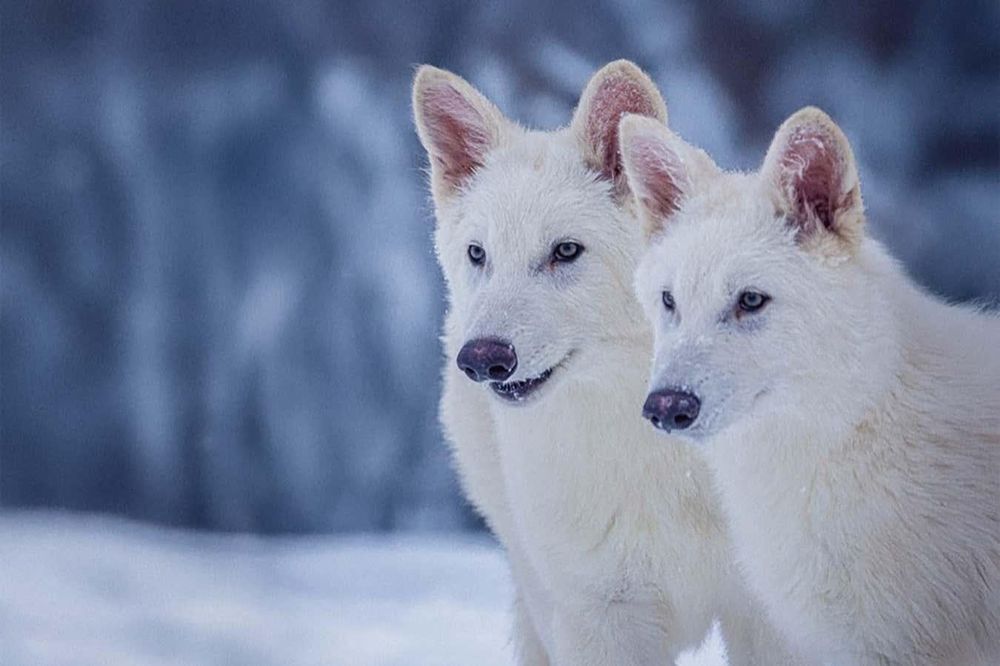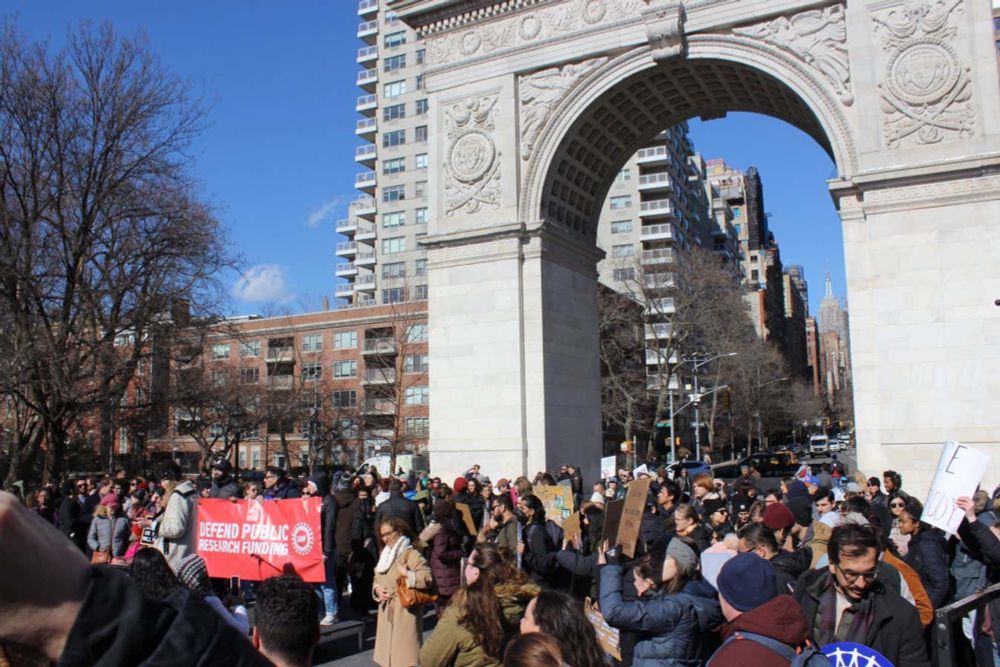Corryn Wetzel
@corrynwetzel.bsky.social
460 followers
55 following
7 posts
[email protected]
Science journalist
(she/her) 🐍🐞🦁👩🏼💻
Posts
Media
Videos
Starter Packs
Reposted by Corryn Wetzel
Alex Wilkins
@alexwilkins.bsky.social
· Jul 23

Gold can be heated to 14 times its melting point without melting
With fast heating, sheets of gold can shoot past the theoretical maximum temperature a solid can have before it melts – raising questions about what the true limits are
www.newscientist.com
Reposted by Corryn Wetzel
Corryn Wetzel
@corrynwetzel.bsky.social
· Apr 25

US government defunds research on misinformation
The US National Science Foundation cancelled funding for research on misinformation, disinformation and AI-generated deepfakes, even as misleading information runs rampant on social media
www.newscientist.com
Corryn Wetzel
@corrynwetzel.bsky.social
· Apr 15

First ever confirmed image of a colossal squid in the deep ocean
The colossal squid is the largest invertebrate on the planet, but it is also surprisingly elusive. An image of a 30-centimetre-long juvenile is our first glimpse of the animal in its natural habitat
www.newscientist.com
Reposted by Corryn Wetzel
Reposted by Corryn Wetzel
Reposted by Corryn Wetzel
Reposted by Corryn Wetzel
Grace Wade
@gracewade.bsky.social
· Apr 1

US government fired researchers running a crucial drug use survey
A termination letter obtained by New Scientist reveals that the Trump administration has gutted the office that runs the country’s only nationwide survey on drug use and mental health
www.newscientist.com
Reposted by Corryn Wetzel
Reposted by Corryn Wetzel
Corryn Wetzel
@corrynwetzel.bsky.social
· Jan 29

Why it's a terrible time for RFK Jr to lead US health policy
The US Congress is expected to vote on whether to confirm Robert F Kennedy Jr to lead the nation’s public health institutions in the coming days – he would be taking over during a time of turmoil
www.newscientist.com
Reposted by Corryn Wetzel
Reposted by Corryn Wetzel
Reposted by Corryn Wetzel
New Scientist
@newscientist.com
· Dec 5

The extraordinary ways species control their own evolutionary fate
Natural selection isn't just something that happens to organisms, their activities also play a role, giving some species – including humans – a supercharged ability to evolve
www.newscientist.com














